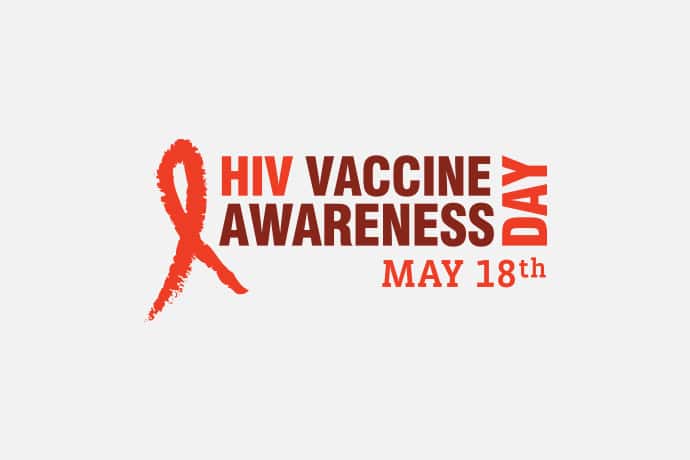
Today, 18 May, is HIV Vaccine Awareness Day, raising awareness of the years of research that have been dedicated to finding a reliable way to protect individuals against the virus.
Research began shortly after the virus was recognised as being the cause of AIDS, with the first vaccine trial being conducted in 1987. Although many clinical trials have been carried out, some with breakthrough results, currently there are no vaccines that are able to efficiently protect all individuals.
While there are people worldwide who are infected with HIV, those living in sub-Saharan Africa have the highest rates, with Eswatini, Lesotho and Botswana being the three countries with the highest prevalence of the virus, almost consistently, between 2000 and 2020.
Without a reliable vaccine being available, the main point of focus in the battle against HIV needs to be to reduce the risk of transmission by providing assistance and resources to countries that struggle to accessing them.
“What we really need to focus on is developing reliable preventative measures and services. By helping more individuals access vaccines and other forms of prevention such as contraception, we can solve the problem at the root and efficiently assist individuals affected by life-threatening illnesses,” said Shameet Thakkar, founder and managing director of Unimed, a healthcare procurement services organisation.
“What many don’t realise is that there is a lot that goes into supplying vaccines to populations or groups of individuals. There is an entire supply chain at the forefront of vaccine operations, which must provide the right equipment at the right time in order to be effective,” he added.
Vaccines therefore play a fundamental role in prevention, but vaccine projects require a lot more than just syringes and the vaccines themselves.
Using the right equipment can have a life-changing impact. A vital example of this is auto-disable syringes, which play a vital role in prevention, as they are designed to automatically lock after every use, meaning they cannot be reused.
Low dead-volume syringes can also reduce the risk of spreading viruses like HIV, as less dead volume means there is less space for potentially contaminated blood to be left in the syringe.
In order to be prepared to provide imminent aid to individuals globally as and when required, it is vital to stay ahead of evolving needs within the healthcare industry.
Although there is a long road ahead for medical researchers when it comes to developing a vaccine, HIV Vaccine Awareness Day should be dedicated to recognising the vaccine development journey so far and the clinical trials that are striving to attain this goal.




